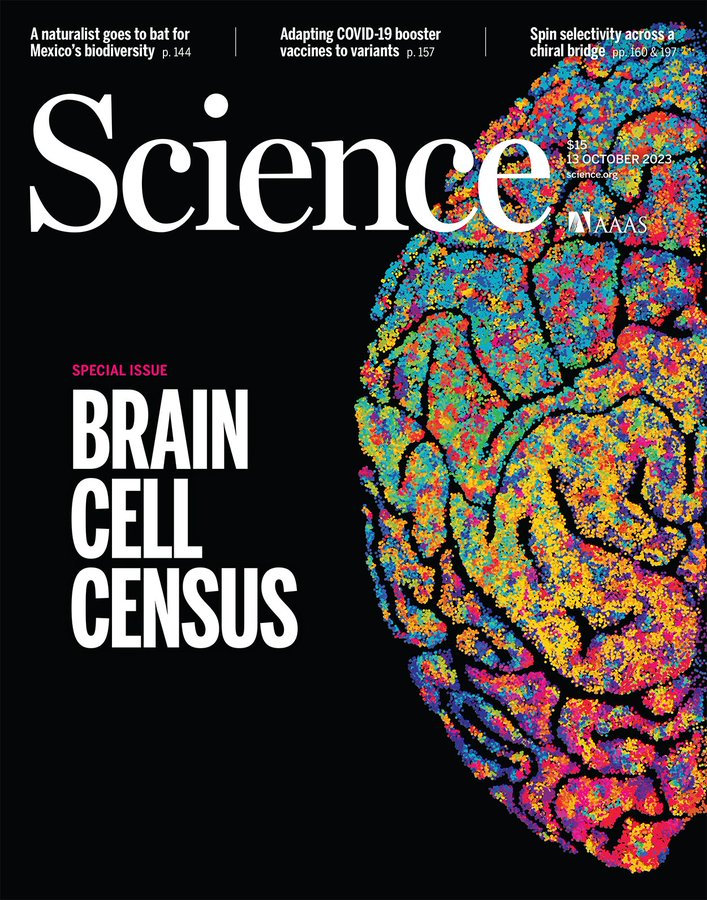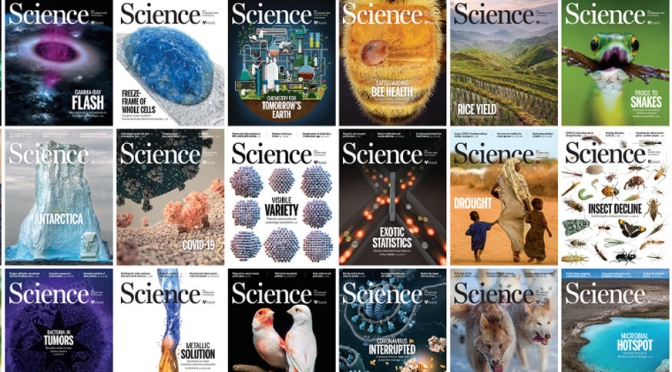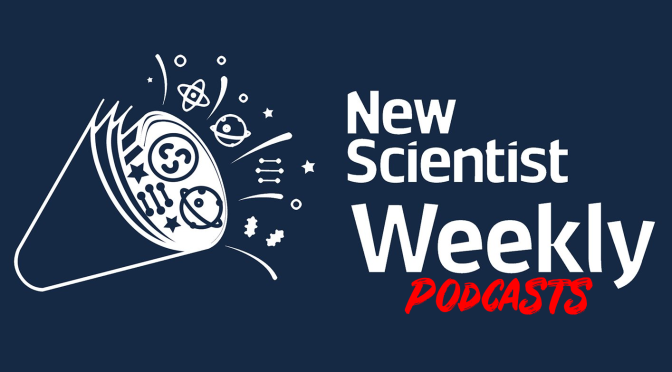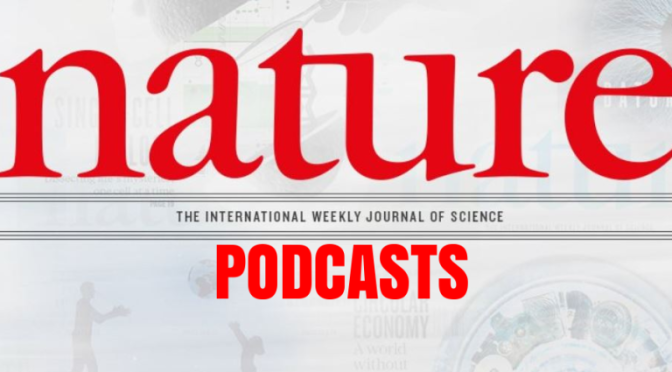
Science Magazine – October 13, 2023: The new issue features the genetic organization of the human brain; Diversity of primate brain cells unraveled; A single-cell genomic atlas for maturation of the human cerebellum during early childhood, and more…
A family portrait of human brain cells
A cell census provides information on the source of human brain specialization
The brain is composed of multiple regions associated with distinct functions, which have become further specialized in the human lineage. To define how this specialization is implemented, how it arises during development, and how it has emerged over the course of human evolution, a detailed understanding of the cells that make up the human brain is required.
The ecology of whales in a changing climate
Some whale populations are exhibiting unexpected cycles of boom and bust




